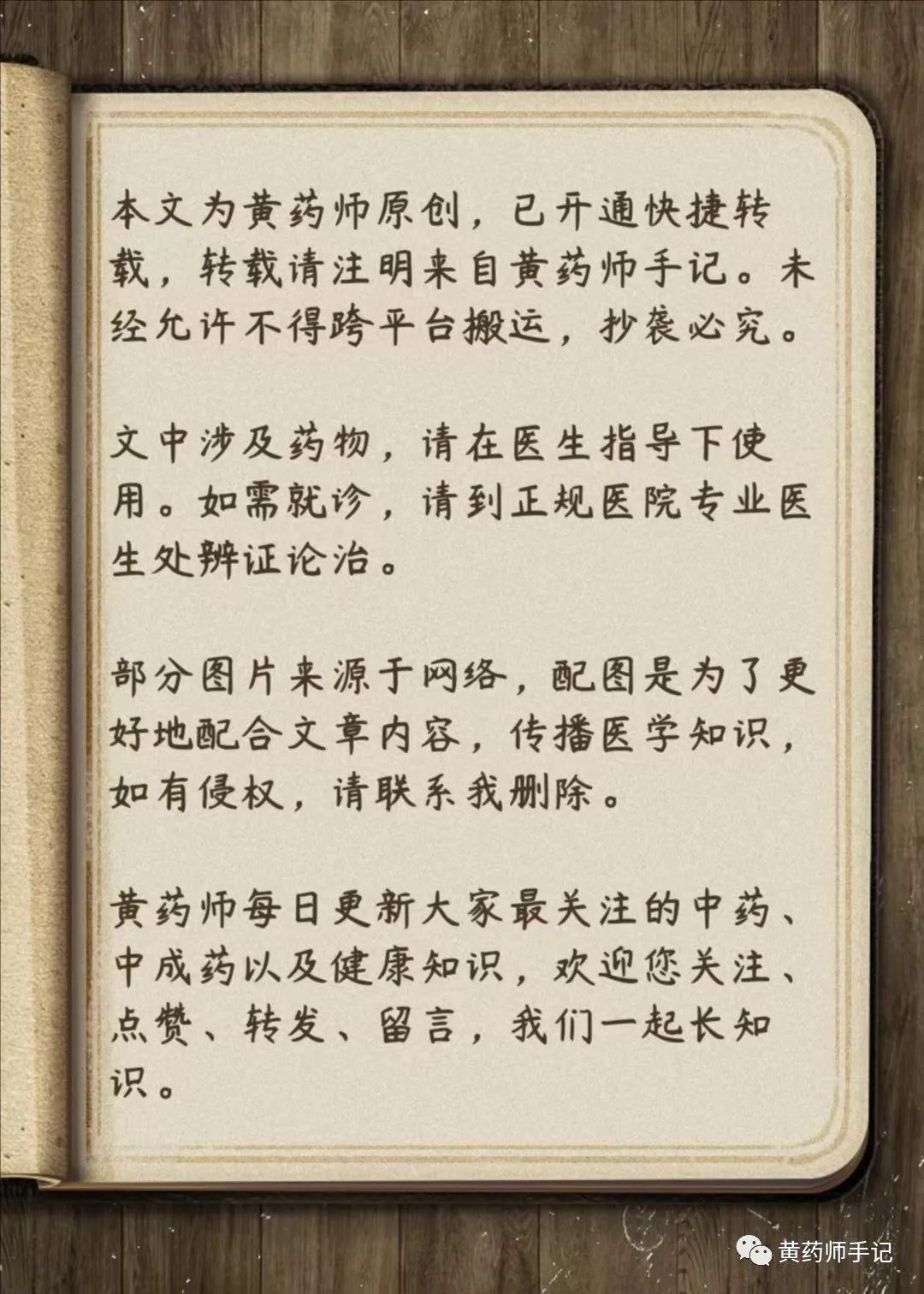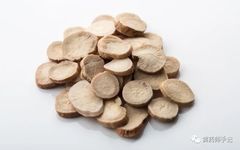There is a saying in Traditional Chinese Medicine (TCM): “Nourishing Qi is to nourish the Spleen and Lungs, while nourishing Blood is to nourish the Liver and Kidneys.” Although this statement is not entirely precise, it helps us understand the relationship between Qi, Blood, and the five organs.
In spring, the focus of health preservation is on nourishing the Liver. The Liver stores Blood and is known as the “Sea of Blood.” A classic combination for nourishing the Liver is: Bai Shao (White Peony) + Dang Gui (Angelica Sinensis). Both of these herbs are blood tonics and can also nourish the Liver.
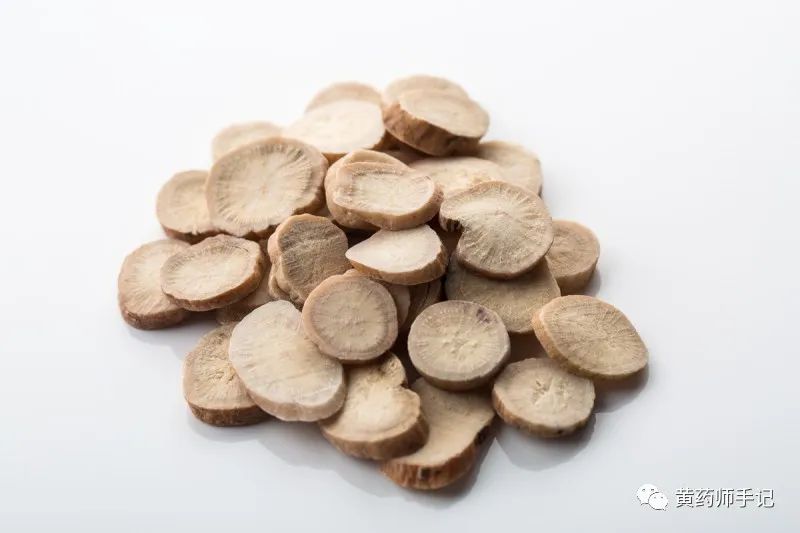
Bai Shao Herb
Bai Shao, a well-known ornamental flower, has been used medicinally for over 2000 years. It was not until the Southern and Northern Dynasties that Tao Hongjing’s Compendium of Materia Medica classified Bai Shao into two types: Bai Shao (White Peony) and Chi Shao (Red Peony). Generally speaking, Bai Shao is more tonifying while Chi Shao is more purging; Bai Shao is more astringent while Chi Shao is more dispersing.
Bai Shao has a sour and astringent flavor and was referred to in ancient times as the “sacred herb for nourishing the Liver,” adept at nourishing Liver Blood and Liver Yin, commonly used for symptoms of Liver Blood deficiency.
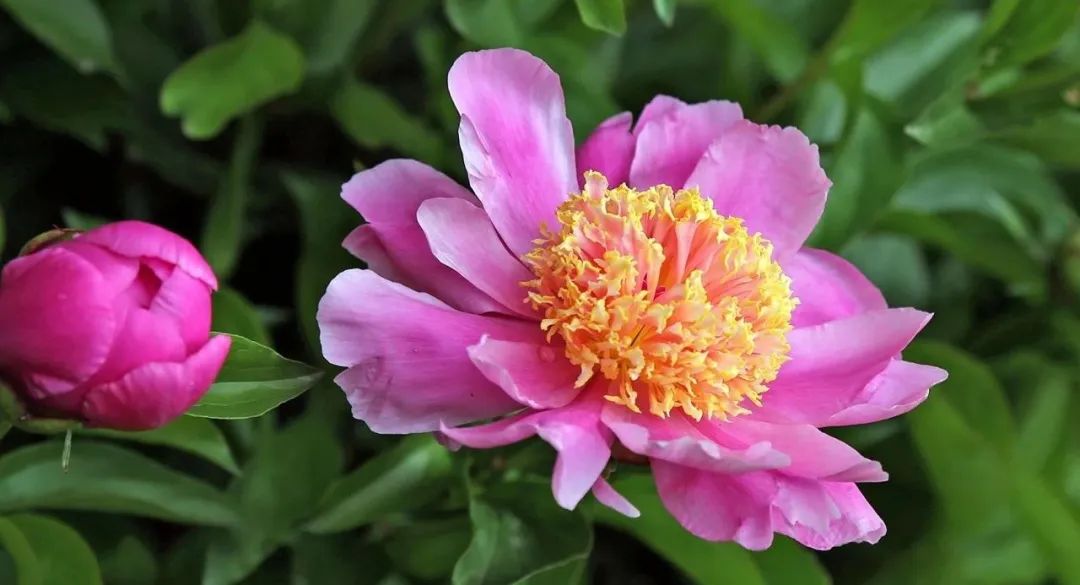
Bai Shao Flower
Today, Huang Yaoshi will discuss how Bai Shao nourishes the Liver and replenishes Blood.
1. Blood Deficiency — Nourishing Blood
The Liver is responsible for storing Blood; when the Liver is deficient, it needs to be moistened and nourished, thus nourishing the Liver primarily involves replenishing Liver Blood.
Blood deficiency is most clearly manifested by a dull complexion, which may appear pale or sallow, with lips, tongue, and nails being pale, and a weak pulse. Symptoms such as palpitations, insomnia, dizziness, and blurred vision are also common.
For example, the famous blood-nourishing formula Si Wu Tang (Four Substance Decoction), which combines Bai Shao with Dang Gui, Shu Di Huang (Rehmannia), and Chuan Xiong (Ligusticum), is a classic TCM formula for nourishing Blood.
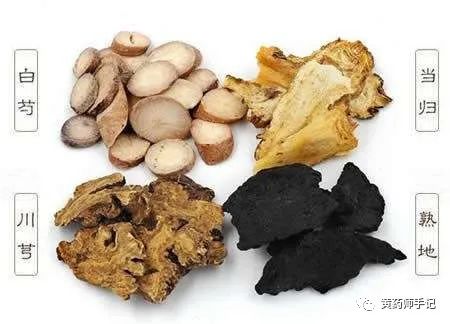
Si Wu Tang
2. Liver Qi Stagnation — Nourishing the Liver, Alleviating Pain
Bai Shao has a function known as alleviating pain and easing tension. This type of pain often manifests as a tightening sensation. For instance, some people experience stomach pain that feels like a gripping pain, while others may have joint pain accompanied by a feeling of tightness and inability to fully extend the joints.
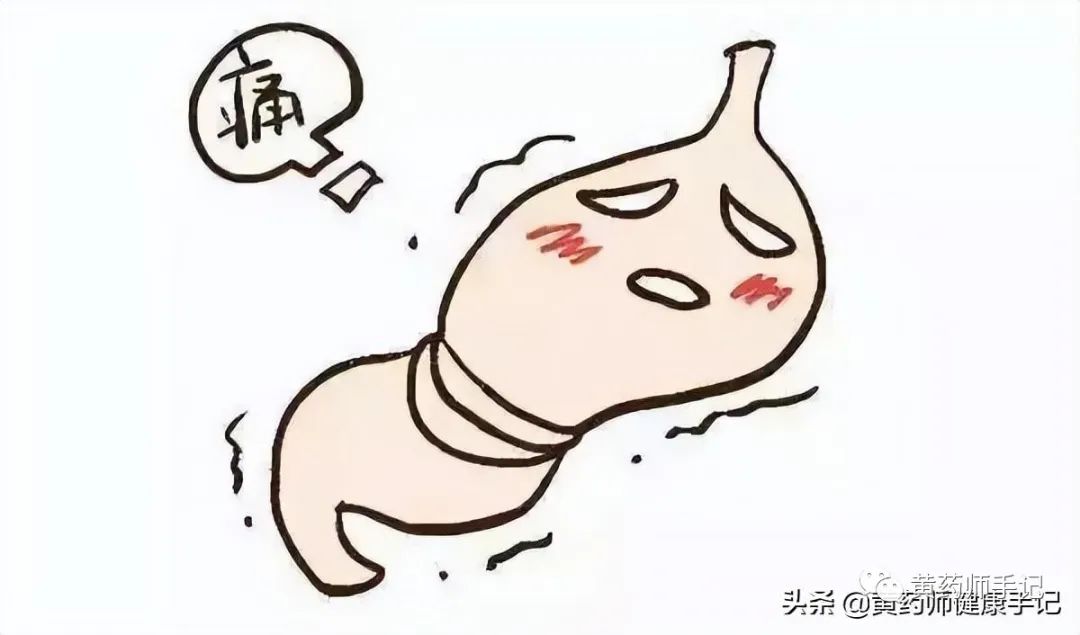
Feeling of Tightness in the Stomach
Bai Shao’s ability to alleviate pain is commonly used for this type of discomfort, including headaches, stomach pain, rib pain, abdominal pain, and joint pain in the limbs.
For example, the formula Si Ni San (Frigid Extremities Powder), which combines Bai Shao with Chai Hu (Bupleurum), Zhi Shi (Bitter Orange), and Gan Cao (Licorice), is used for symptoms of Liver and Spleen Qi stagnation leading to rib-side fullness and stomach pain. It is now commonly used in clinical practice for chronic gastritis, gastric ulcers, gastroesophageal reflux, chronic hepatitis, cholecystitis, and gallstones.
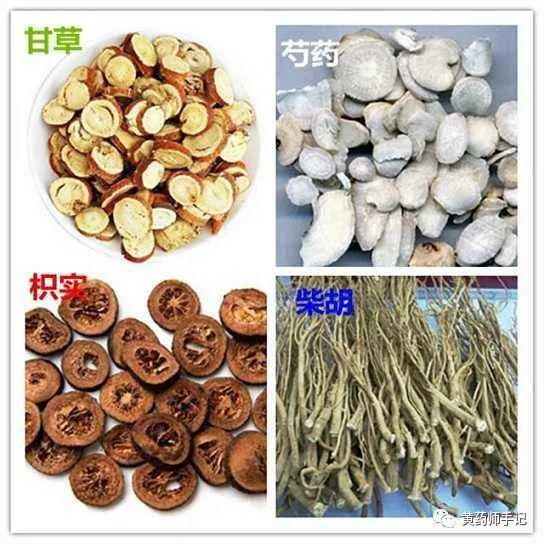
Si Ni San
3. Joint Pain — Alleviating Pain and Easing Tension
In TCM, the Liver governs the tendons, while the Spleen governs the muscles. When Liver Blood is deficient, the tendons lose nourishment, leading to pain, numbness, and inability to extend the limbs.
Readers often ask Huang Yaoshi what medicine to take for hand numbness.
Bai Shao belongs to both the Liver and Spleen meridians and is commonly used for these types of conditions.
For instance, in the Shang Han Lun, the formula Bai Shao Gan Cao Tang (White Peony and Licorice Decoction) combines Bai Shao and Gan Cao, often used for Blood deficiency or poor blood circulation leading to limb numbness, inability to extend, or abdominal cramping pain.
4. Liver Yang Rising — Calming the Liver
Yin and Yang have a mutually restraining effect; when Liver Yin is deficient, Liver Yang will become hyperactive, leading to Liver Yang Rising, which can cause a series of symptoms in the head and face, such as headaches, dizziness, tinnitus, flushed face, heavy head, light feet, and elevated blood pressure.

Bai Shao has the effect of calming Liver Yang. For example, a member of the family of Di Huang Wan (Rehmannia Pill) is Gui Shao Di Huang Wan, which is a combination of Liu Wei Di Huang Wan (Six-Ingredient Rehmannia Pill) + Dang Gui + Bai Shao, which is indeed the classic combination for nourishing the Liver mentioned at the beginning.
It is used for symptoms of Liver and Kidney deficiency, Yin deficiency, and Blood deficiency leading to dizziness, tinnitus, dry throat, afternoon fever, soreness in the lower back and legs, and heel pain. Clinically, it is often used for primary hypertension associated with Liver and Kidney deficiency, Yin deficiency, and Blood deficiency.
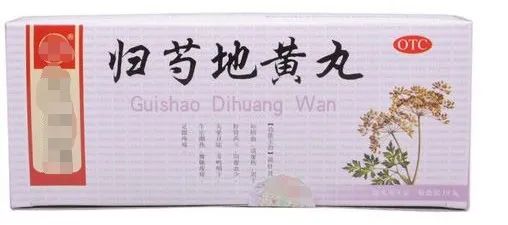
Images are for reference only; please use under the guidance of a physician.
5. Gynecological Disorders — Nourishing Blood and Regulating Menstruation
The Ben Cao Gang Mu records that Bai Shao: “is indicated for all diseases in women, including those before and after childbirth.”
There is a saying in TCM: “Women regard the Liver as their innate essence.” This emphasizes the important role of the Liver in women’s physiology.
Therefore, any issues related to menstrual irregularities, leukorrhea, pregnancy, or postpartum complications due to Yin and Blood deficiency can be treated with Bai Shao.
Bai Shao nourishes Blood, astringes Yin, and softens the Liver, playing a good role in regulating menstruation. It also has a certain astringent effect, which can be used for bleeding disorders such as irregular menstruation, dysmenorrhea, amenorrhea, and metrorrhagia.
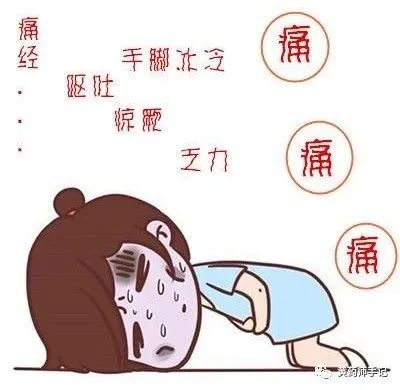
For example, the formula Jiao Ai Tang (Gelatin and Mugwort Decoction), which is Si Wu Tang (Dang Gui, Bai Shao, Shu Di Huang, Chuan Xiong) plus E Jiao (Gelatin), Ai Ye (Mugwort), and Gan Cao, is used for prolonged menstruation, excessive menstrual bleeding, metrorrhagia, or bleeding during pregnancy, threatened miscarriage, or postpartum lochia that does not cease, as well as digestive ulcers and traumatic bleeding accompanied by lower abdominal cold pain and anemia.
Huang Yaoshi’s Tips
Bai Shao has various preparations such as Sheng Bai Shao (Raw White Peony), Chao Bai Shao (Fried White Peony), and Jiu Chao Bai Shao (Wine-Fried White Peony).
Sheng Bai Shao is better for astringing Yin and calming the Liver;
Chao Bai Shao has a milder nature, primarily nourishing Blood and harmonizing the Ying (Nutritive Qi), and astringing Yin to stop sweating;
Jiu Chao Bai Shao has a reduced sour and cold nature, good for regulating menstruation, stopping bleeding, and softening the Liver to relieve pain.
Reading Rankings:
1. For chronic pharyngitis, throat pain, itching, and foreign body sensation, a certain herb can help clear the throat and moisten it.2. What is the difference between “Gan Cao Pian (Licorice Tablets)” and “Fu Fang Gan Cao Pian (Compound Licorice Tablets)”? In fact, neither is a Chinese patent medicine.3. Three types of Chinese herbs that can be eaten as food to replenish Qi and Blood, aid sleep, nourish the Spleen and Stomach, and regulate constipation and diarrhea.4. When coughing with phlegm, do not use cough syrup; first, eliminate phlegm. Here are five commonly used phlegm-relieving and expectorant herbs.5. After recovering from Yang deficiency, it is easy to feel fatigued. Here are five Qi-replenishing herbs to tonify the Spleen and Lungs, uplift Yang Qi, and relieve fatigue and lethargy.